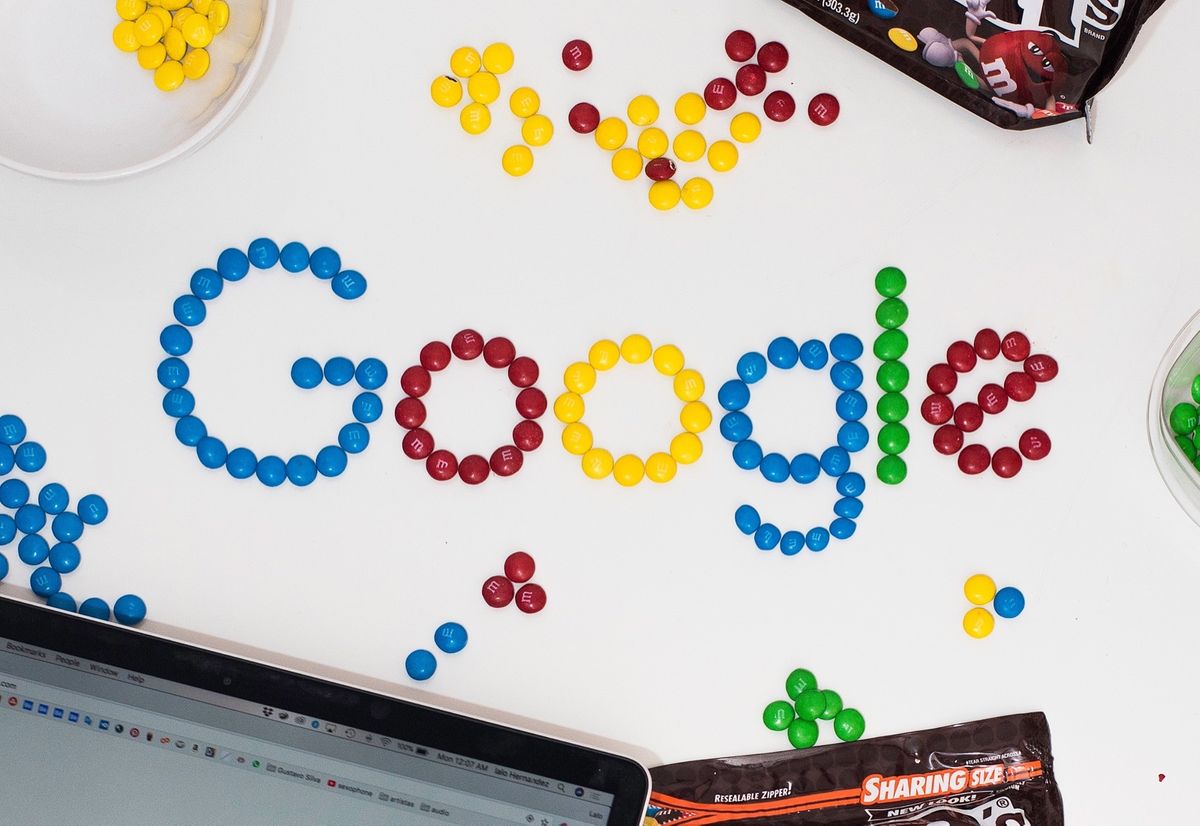New Google update aims to prioritise original reporting over rapid writethroughs
Big news from Google: it's tweaked its algorithms to prioritise original reporting - and to display it for longer.

It feels like a long time since we’ve had a significant update to Google News, other than things like the removal of meta news keywords. But yesterday, we did get a big update. Search Engine Land:
Google said it has “made ranking updates” to “better recognize and surface original reporting more prominently in Search and ensure it stays there longer.” So original reporting will not just show up higher in the search results but show up for a longer period of time for the relevant query in Google search. “This means readers interested in the latest news can find the story that started it all, and publishers can benefit from having their original reporting more widely seen,” Richard Gingras said.
It’s good that this applies to both the main search and Google News - as we all know that Google News is not a huge destination for most. However, the messaging around this has been interesting, and occasionally just plain wrong. A lot of people have focused on a secondary part of the news:
In addition to recognizing individual instances of original reporting at the page level, we also ask raters to consider the publisher’s overall reputation for original reporting. That update in section 2.6.1 reads: “Many other kinds of websites have reputations as well. For example, you might find that a newspaper (with an associated website) has won journalistic awards. Prestigious awards, such as the Pulitzer Prize award, or a history of high quality original reporting are strong evidence of positive reputation.”
And that seems to have been translated as “humans are choosing which outlets are promoted”. For example:
Google is going to tweak its algorithm to favor original reporting. This is good! How will they do it? Through this very cool technology called "humans." https://t.co/rYZD5eh20v
— Nicholas Thompson (@nxthompson) September 12, 2019
That’s not what’s actually happening, though. As Google’s Danny Sullivan put it:
We announced today that our *algorithmic* systems are working to do a better job surfacing original content *and* that raters have new guidelines to ensure they're better assessing if this is actually showing. That feedback helps us tune the systems https://t.co/PecA9htV1v pic.twitter.com/cbAGnLX93v
— Danny Sullivan (@dannysullivan) September 12, 2019
So, let’s break this down, for clarity’s sake:
- Google are changing the news and general search algorithms to prioritise high quality original reporting — and display it for longer
- They have also updated their human reviewer guidelines to suggest using awards are one metric of “high quality”
Humans are not deciding which “high quality” journalism sources are being prioritised - the algorithm is still doing that. Human reviewers are just looking for evidence that the algorithm isn’t doing its job, and they’re using some new standards and benchmarks to do that. They don’t manually intervene is search results - they notify the algorithm team, which uses their data to tweak the algorithm, again.
Nor, indeed, is “award-winning” being used as the major metric. It’s just one signal reviewers can use to judge how well the algorithm is doing. So, this isn’t another example of a platform bringing humans into the equation, as with Facebook recently.
Likely Consequences
The really clear reason for this change is the prevalence of large outlets doing quick SEO-focused write-throughs of other people’s stories, and (essentially) getting as much traffic as they can off other people’s stories. We can debate the ethics of that all night, but the reality is that it has been a successful strategy for a while. That is under threat.We’ll see how it works out in practice, but if you are working on a publication that relies on that sort of traffic:
- Start actively monitoring search traffic to that category of reporting
- Start putting in place contingencies to replace that traffic if it does prove to be threatened
Conversely, hopefully this will incentivise people to do more original reporting, as Google is aiming to display the original stories for longer. Intentionally or not, historically Google has had a habit of displaying the newest stories, not the original story, giving further succor to the write through operations.
Another potential downside is that the change might start helping the big outlets at the expense of the small ones. For good reasons, the “award-winning” outlets messaging has people worried:
Overall I think this is super interesting! Curious to see what happens in breaking news situations when local news promotes their “original reporting” but then the national orgs with “positive reputation” come in with their own additional reporting. I’ll be watching 👀👀👀
— Adriana Lacy (@Adriana_Lacy) September 12, 2019
Google went some way to try and assuage that doubt in the original announcement:
There is no absolute definition of original reporting, nor is there an absolute standard for establishing how original a given article is. It can mean different things to different newsrooms and publishers at different times, so our efforts will constantly evolve as we work to understand the life cycle of a story.
That gives us at least a little hope that the benefits of this won’t only accrue to the big publishers, but also to smaller organisations doing great reporting in niches. But as always with Google algorithm changes we’ll probably see some oddities in the results before it all settles down.
And it’s worth remembering that, yet again, this is another example of just how much power two platforms have over our reader acquisition:
It’s an interesting move to improve discourse online. It’s also again illustrative of the immense power these companies have in shaping our reality with very minimal oversight.
— Lindsay P. Gorman (@LindsayPGorman) September 12, 2019
This post first went out as an update to my newsletter subscribers. Sign up to Engaged Reading Time for more updates like this straight to your inbox.





